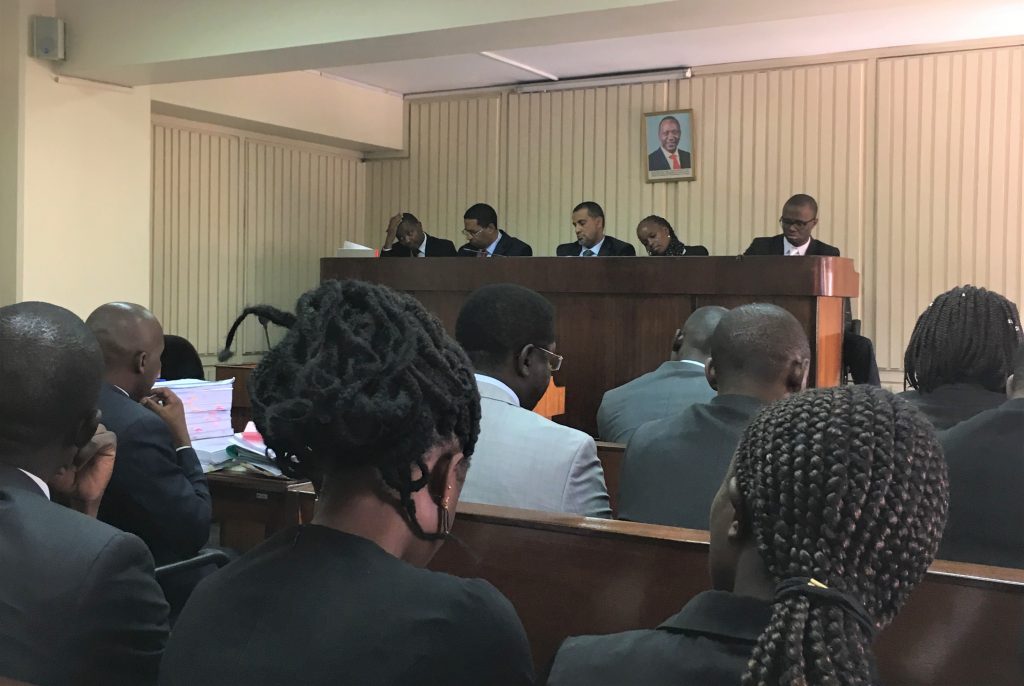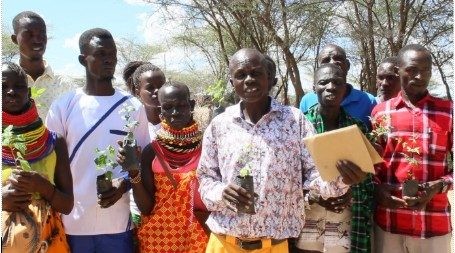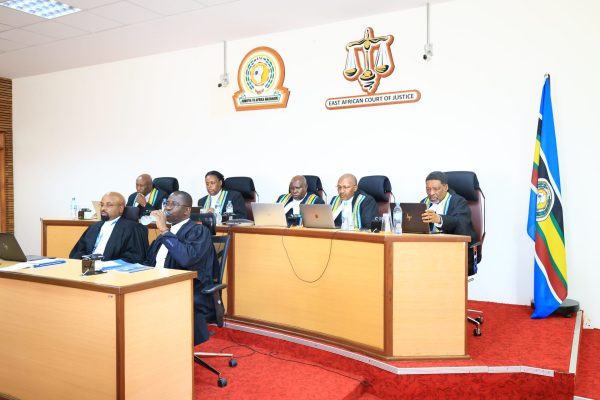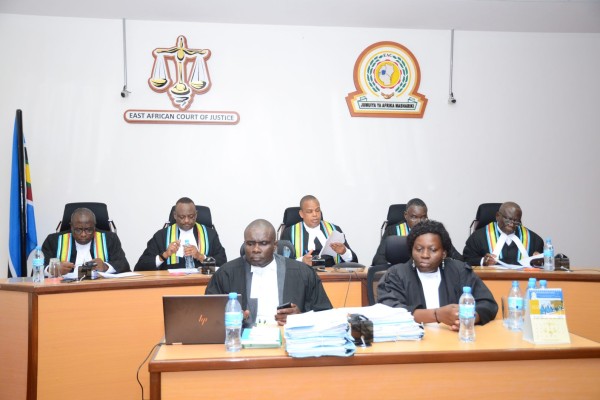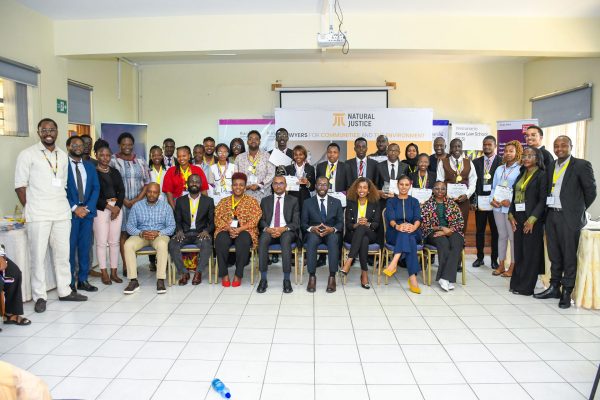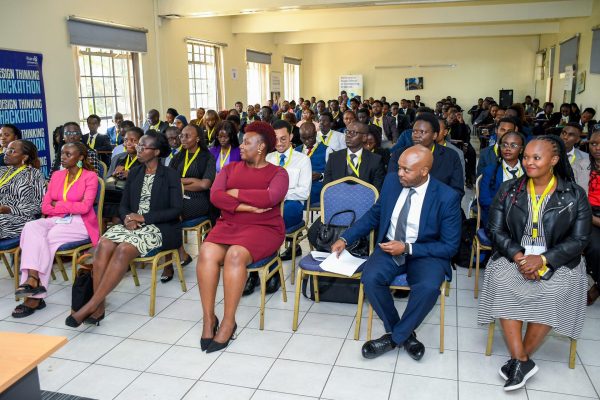The Lamu Coal case in Kenya finally came up for hearing before the National Environmental Tribunal (NET) for highlighting of submissions. With the exception of the National Environment Management Authority (NEMA), all the parties (including Katiba Institute and Amu Power) were present in court.
Natural Justice has been supporting Katiba Institute in litigation on the Lamu Coal case and the organization’s Research Coordinator, Emmanuel Siakilo, says this case is important to Natural Justice because of the environmental concerns.
“Natural Justice is advocating for alleviation of environmental, social and economic impact on the local community members that will be occasioned by the Coal plant,” he said.
Last week (7 February 2019) the Appellants, led by Katiba Institute on behalf of Save Lamu, challenged the decision by NEMA to issue an Environmental and Social Impact Assessment (ESIA) License to Amu Power Company Limited, the consortium that has the government backing to build the proposed 1050 MW Lamu Coal Power Plant at Kwasasi area, Hindi Division, Lamu County.
In their submissions to the NET, the Appellants highlighted five key issues: Air quality, Climate Change, Health, Public participation and the role and responsibility of NEMA.
They argued that NEMA erred in approving a project that will have a negative impact on the country’s air quality, with accompanying adverse impacts on human health and biodiversity, further contending that the project will additionally contribute to adverse climate change impacts, and that it was inconsistent with Kenya’s low carbon development goals and commitments.
They further argued that the project proponents did not conduct proper and effective public participation, citing a case involving the Communication Commission of Kenya (CCK) where the Supreme Court, in setting the standards of public participation, indicated that public participation is the cornerstone of sustainable development.
The submissions touched on the following:
- Whether the process leading to the preparation and approval of the EIA Study Report ensured proper and effective public participation as required by the Constitution, EMCA, and Environmental (Impact Assessment & Audit) Regulations.
- Whether the EIA Study Report prepared by Amu Power contains adequate assessment and mitigation measures on culture/tourism, marine ecosystem, air quality and health, coal dust pollution, and climate change.
- Whether NEMA erred in law by issuing a license for a coal power project, with no economic justification, without an assessment of indirect costs, and with environmental impacts and social costs far outweighing any economic benefits.
- Whether NEMA erred in law by issuing an environmental license based on an EIA report with an incomplete analysis of reasonable alternatives.
- Whether the failure by NEMA to examine the project in its entirety, in light of the compounding factors cited, render the project unviable.
The Tribunal will notify the parties when they are ready to issue their ruling.
While the community in Lamu remains hopeful that they will get a favorable judgment, the leaders in the community say they will continue educating the people about the issue.
“We shall continue with activism even as we await the judgment,” Save Lamu Chairperson, Mr. Abubakar Al-Amudy said, moments after the case was concluded.
The ESIA license appeal marks the first set of litigation on the proposed Lamu coal plant. Its economics and potential energy generation license are yet to be challenged.
To hear the submission highlights to the National Environmental Tribunal on the Lamu Coal case, kindly click here.

